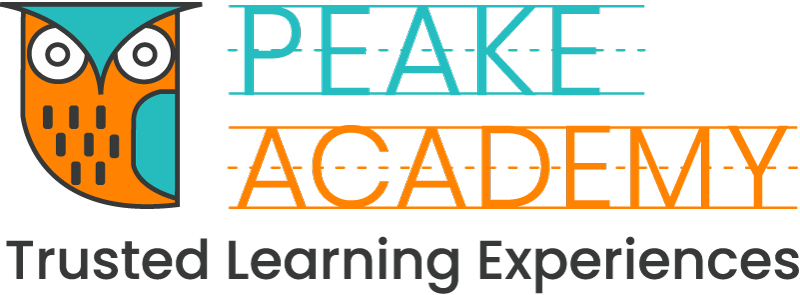Dealing with Aggression in Children
Parents dread the day when their child’s preschool teacher says that their child is responsible for hurting another child. While you may not think this day will ever come, every parent may have to deal with aggression in their child at some point in the younger years.
Aggression is a normal part of young children’s experiences. Aggression results from powerful emotions that are not yet under the child’s direct control. Children hit, pinch, bite, slap, and grab when their emotions cause them to act before they can think about doing something different. You’ll see this behavior play out in childcare settings, preschool, and at home. It seems no environment is off-limits for young children going through this phase.
Children will learn to manage aggression when aggression is met by supportive adults with consequences. Using aggression to stop aggression only teaches children that they must submit to adults who are bigger and more powerful. It does not help children gain control over aggressive behavior. Changing children’s aggressive behavior is a process.
Helping them learn to control feelings and express them appropriately is a lifelong task.
There are some ways you can work towards being a supportive parent during this stage in childhood. Here are some examples of ways supportive parents can meet aggression with consequences from the earliest stage.
When Baby Bites
When your baby bites your breast or finger to explore the feel of pressure on his/her gums, tell your baby that biting hurts, put him/her down, and walk away for a minute. Tell your baby you will be back when he/she can leave your finger alone or nurse without biting. The consequence of biting is that close contact between parent and baby goes away for a minute.
When Infant Pokes You
When your older infant pokes his/her finger in your nose, ears, eyes, or mouth, take your baby’s hand firmly in yours and explain that you will hold his/her hands when you pick your child up because you don’t want fingers in your nose. After doing this a few times, give your older infant a chance to keep hands to him/herself. If your baby doesn’t, repeat the consequence.
When Siblings Get Aggressive
When your younger toddler grabs brother by the hair and pulls, you separate the two and hold brother until he calms down and gets under control. Prevent the toddler from being a part of the recovery. Tell the toddler, “Pulling hair doesn’t solve problems.”
Then offer an alternative like “Call me when you need help getting a toy back.”
When Toddler Gets Aggressive with Friends
When your older toddler grabs a toy away from a friend, explain that the friend had the toy first, and return the toy to the friend. Suggest to your toddler that he/she ask for the toy instead of grabbing it. If the friend is not ready to give the toy up, distract your toddler with an alternate toy until the friend is done playing.
Working with siblings during this stage can get more trying than dealing with aggression in a childcare or preschool setting. When siblings fight over toys, rather than choose who was right, send both children away to their rooms to calm down. When they are calm, help them find a way to work it out.
Early experiences with the consequences of aggression help children learn over time that aggressive behavior doesn’t accomplish much. When this lesson is learned, children can begin the process of becoming assertive enough to prevent being victimized and authoritative enough to be seen as a leader rather than an aggressor. Both of these important lessons will never be learned unless childcare providers, parents, and preschool teachers help children learn to manage normal aggression and convert it into constructive assertion and leadership.
Visit our Parent Advisor and The Buzz Blogs to learn more about related topics and parenting tips. You are welcome to join our private Parent Advisor Facebook group. It’s a growing community of parents and preschool teachers where you can learn and share more parenting tips.





